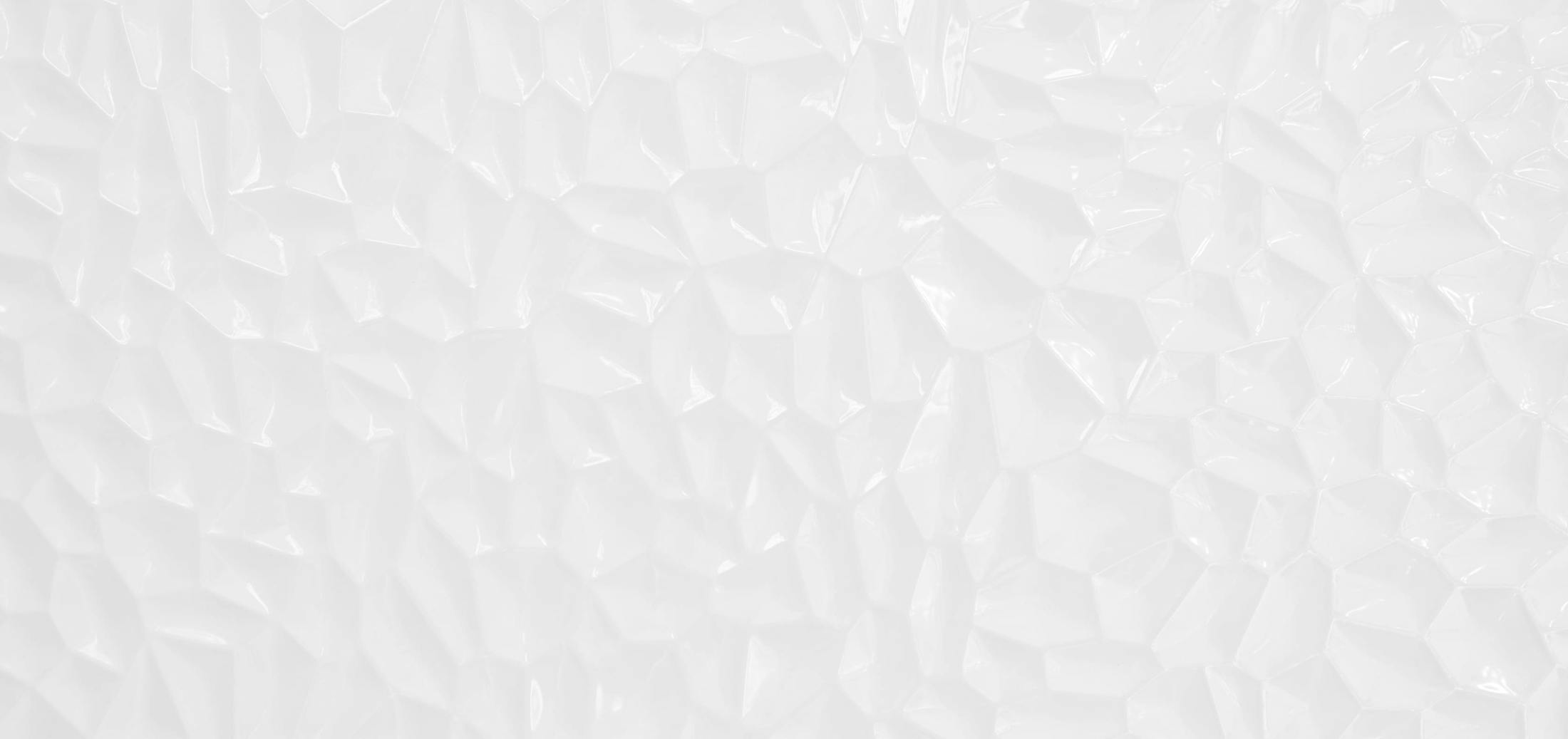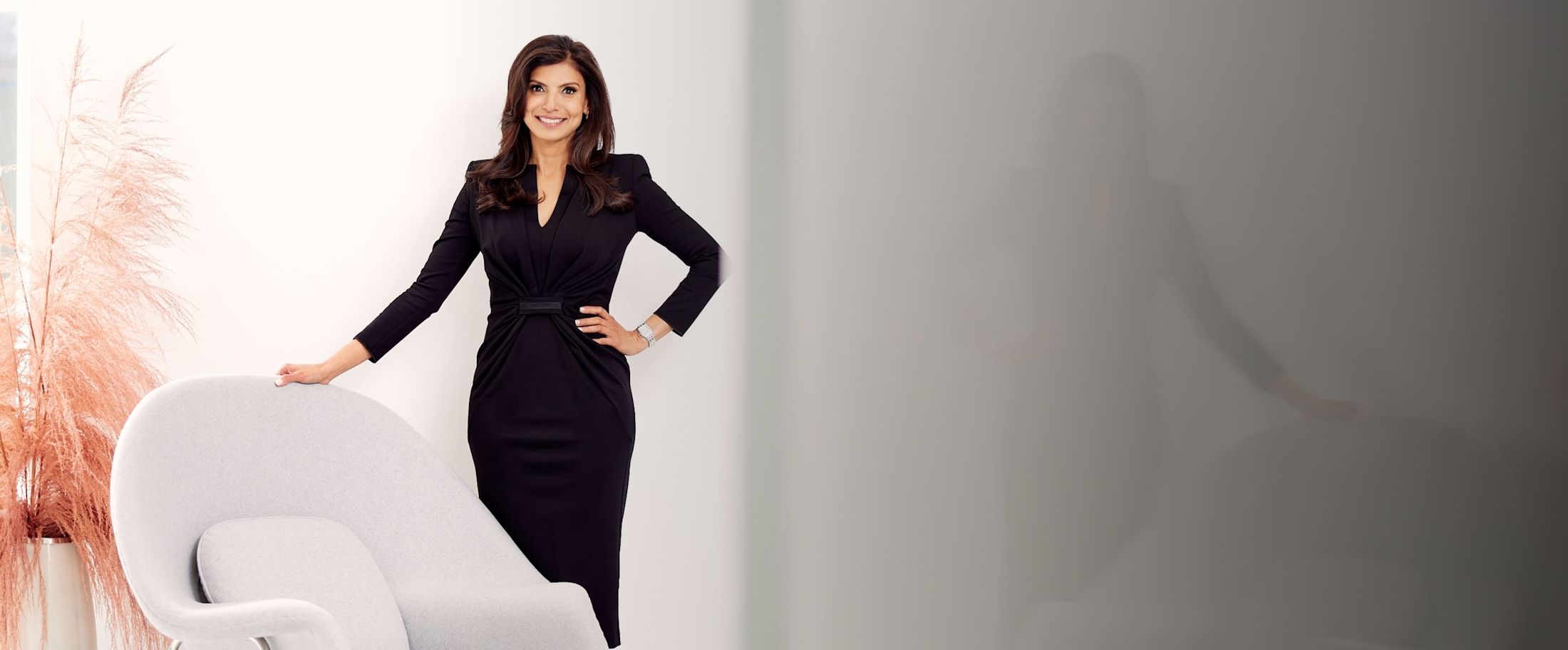The skin is among the primary indicators of a person’s age. It is affected not only by the aging process and a loss of collagen, elastin, and hyaluronic acid but also by outer elements such as sun damage. Laser skin resurfacing in New Jersey can address a variety of imperfections, restoring a vital, radiant complexion.
What Is Laser Resurfacing?
Laser skin resurfacing in New Jersey achieves clearer, more youthful-looking skin by removing the outermost layer of damaged cells. The treatment can address a wide range of imperfections, including lines and wrinkles, sun damage, hyperpigmentation, superficial scarring, and poor skin tone and texture.
In addition to eradicating surface-level damage, laser skin resurfacing helps to replenish collagen reserves, boosting skin suppleness from the inside out. Collagen is a core protein in the skin that provides hydration, firmness, and resilience. As the body ages, its production of collagen slows significantly, resulting in volume loss as well as creases and folds. Laser skin resurfacing can be successfully performed on the face, neck, chest, back, and hands.




